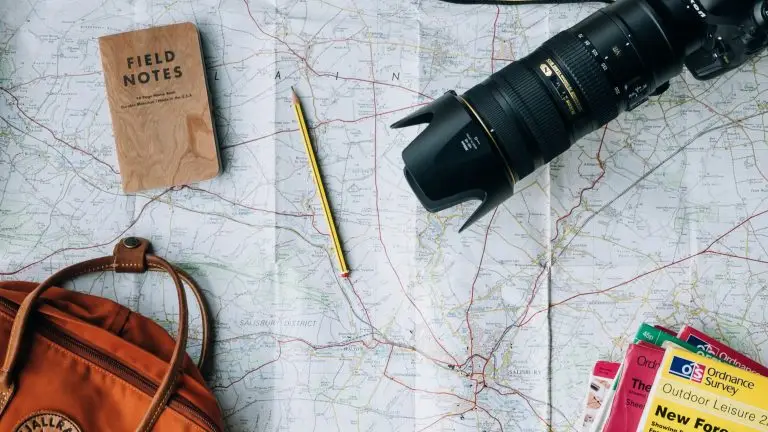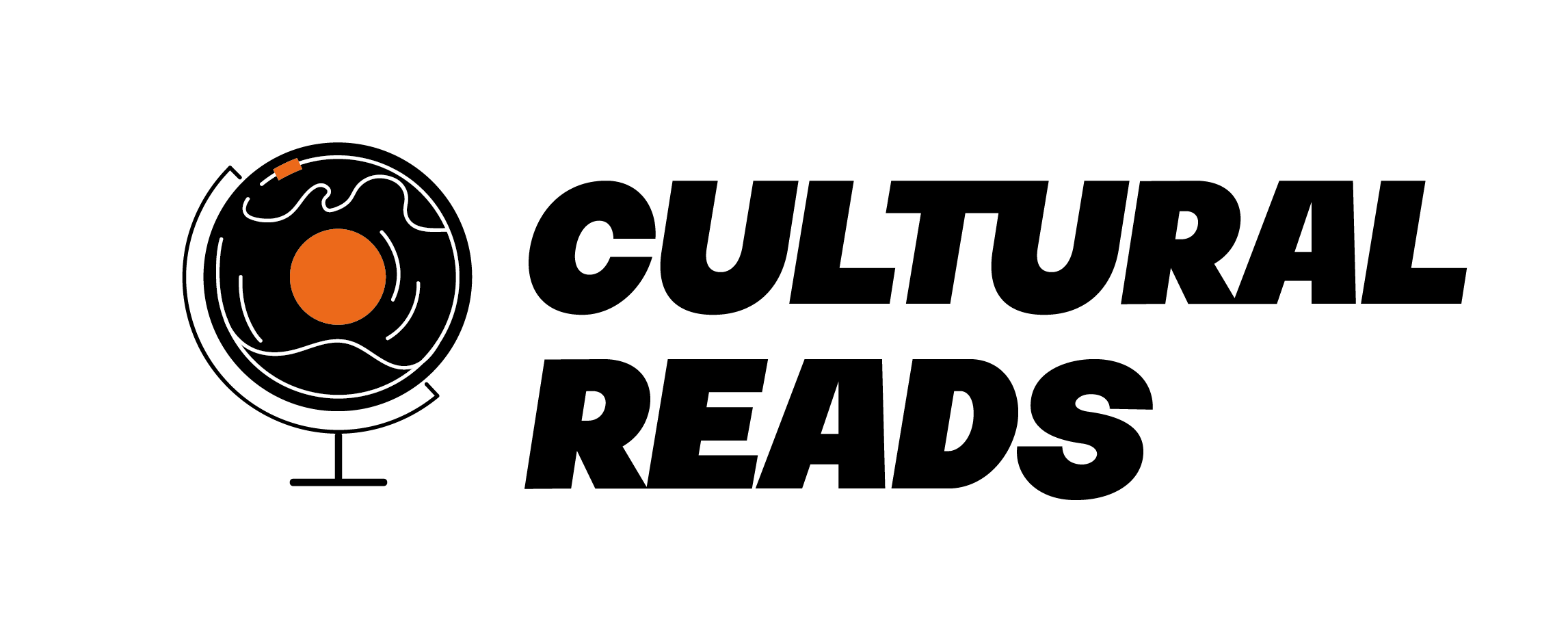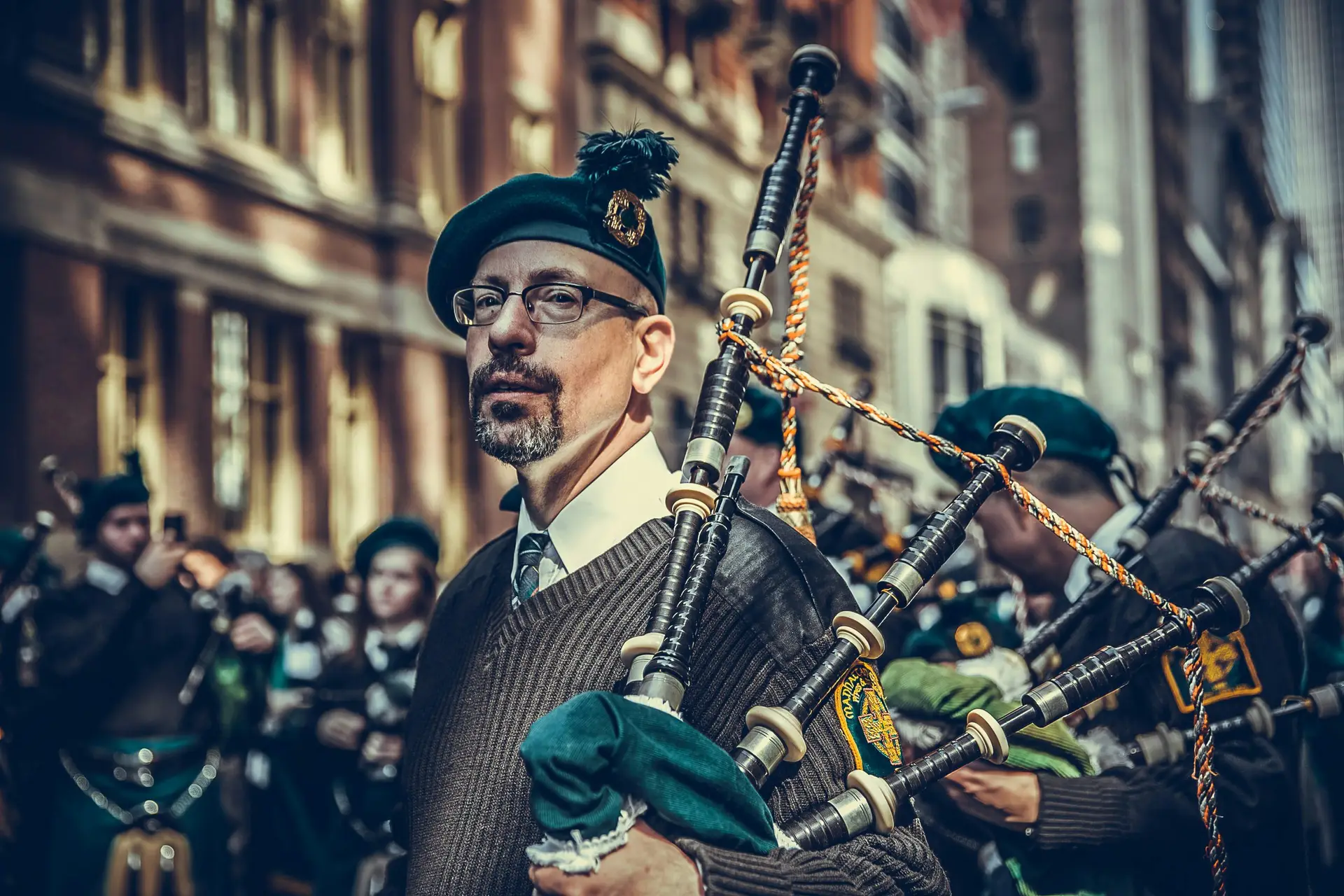
12 Great Irish Books You Should Read This Year
How many of you know that James Joyce was/is an Irish writer, not British? Or similarly, U2 and Snow Patrol are Irish bands, not British
In 2014, I rediscovered the love of reading and set a personal goal to read more books. Now, after 10 years, I have read 250 books, and I want to share my favorite books with you.
Interestingly, most of my favorite books are realistic fiction novels, and all the novels are from different regions and cultures.
CulturalReads readers know that I always share a list of books and movies from all around the globe. So, if I am writing about the best soccer books, the list won’t be just about Brazil or Europa League; in fact, the list covers every continent where people love the game.
One and half year ago, I argued in self development books that there’s a world beyond America and also, where we live. The question is; how willing are we to explore the culture, history, art and food that the world has to offer.
Almost everyone knows about the famous book Sapiens but do you know there are also many best books like Sapiens? Or how everyone knows Alan Watts because he is American but there’s also a world beyond him when it comes to spiritual books.
The point is; read globally to discover unique perspectives, adventures, and cultures. So, my personal favorite books list is also global. Enjoy this list and please let me know your favorites!
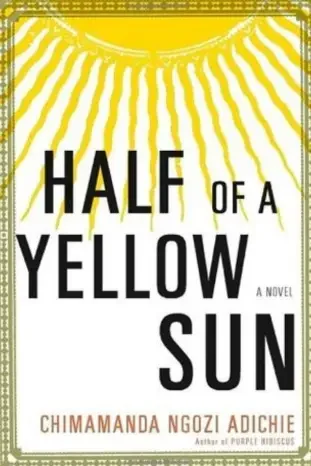
Adichie is probably one of the most popular Nigerian authors at modern times. Chimamanda (Igbo for “my personal spirit will never be broken”) was born in 1977 in Southeast Nigeria. She grew up in the university town of Nsukka, where her parents worked.
Coincidentally, she lived in a house that Chinua Achebe’s father once occupied. Her references to Achebe’s work are not coincidental, though. At the age of 10, she read Achebe’s “Things Fall Apart,” which became her inspiration for writing.
Adichie studied medicine and pharmacy for a year and a half but, then, moved to the US to study communications and political science.
During the Nigerian civil war, Achidie’s family lost everything. This war became the topic for her second book “Half of a Yellow Sun.” The novel describes the Biafran war through the perspectives of three people: Olanna (the daughter of an influential businessman and wife to a university professor), Ugwu (a 13-year-old village boy that works as help in Olanna’s household), and Richard, an English writer with a passion for Igbo art.
In 2017, Adichie was elected into the American Academy of Arts and Sciences class, one of the highest honors for intellectuals in the US. In 2018, she spoke on the importance of truth during the Harvard graduation speech, and in 2020, Half of a Yellow Sun became the best book to win the Women’s Prize for Fiction in its 25-year history, according to the audience.
For me, Half of a Yellow Sun is one of the best realistic fiction novels.
If you’re interested in more war-inspired reads worldwide, check the best war books. Also, from Nigeria, you should check Afrobeat artists. And my interview with Wilfred Okiche, a Nigerian film critic, on his favorite Nigerian movies.
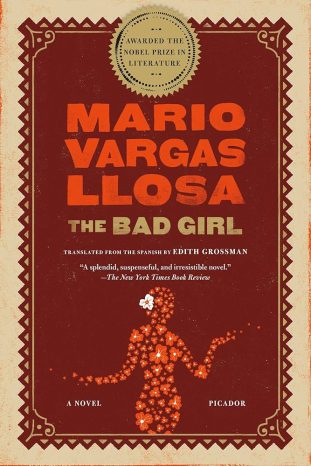
2. Travesuras de la Niña Mala by Mario Vargas Llosa (Peru)
The Bad Girl is a novel by Nobel prize-winning author Mario Vargas Llosa, famous for his humouristic and political writing style. He is one of Latin America’s greatest novelists.
And his Travesuras de la Niña Mala is one of my personal favorite books. Although, it’s quite different and perhaps not as strong in the literary sense, but a beautiful love tale nonetheless.
During his childhood, Ricardo, a Peruvian translator living in Paris, falls madly in love with a girl, Lily. Lily is mainly unavailable to him but keeps reappearing in his life for short periods of intense love, followed by heartbreak and misery.
The Dutch (and Spanish) title, “The Unattainable Girl,” does a better job of honoring the story: an uncommon, almost impossible, but beautiful love story. I also liked The Feast of the Goat by Mario Vargas Llosa, which I covered in best historical fiction books.
If you’re interested in food books, check out my talk with Rosario Olivas Weston! She’s one of Peru’s most famous food critics, so – you can probably already guess it – we talked about Peruvian food.
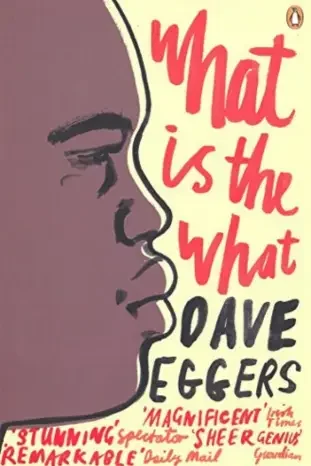
Valentino Achak Deng is one of the Lost Boys of Sudan – a group of 20,000 boys displaced and orphaned during the Sudanese Civil War. The group tracked hundred of kilometers by foot, escaping attacks by soldiers, militias, and animals alike.
After finally arriving at a refugee camp in Ethiopia, Valentino’s journey is far from over. After another refugee camp in Kenya, the young boy is granted asylum in the United States. However, the “promised land” has challenges of its own, and the hardships are far from over.
What is the What touches on the full spectrum of emotions, the reason this is one of my favorite books. The story is cruel, sad, and even depressing at times, but also adventurous and full of hope. If you’re interested to hear more about Valentino’s life, check out this Ted Talk and this BBC news article. Be aware; these links may contain spoilers.
Also check out the Monk of Mokkha, narrating the true story of Mokhtar, an American with Yemeni roots who goes from a struggling young man in San Francisco to becoming a successful coffee entrepreneur and gets stuck in Yemen’s civil war. It also teaches a lot about the world of coffee.
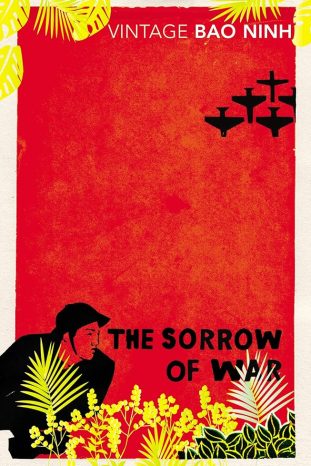
4. The Sorrow of War by Bảo Ninh (Vietnam)
How would it be to fight against the Americans for 11 years and one of only ten survivors out of 500 soldiers? That’s precisely what former North Vietnamese soldier Bao Ninh shows you in his heartwrenching The Sorrow of War. For me, it is one of the best fiction war books in world literature.
The Sorrow of War is about Bảo Ninh, the Vietnamese writer’s experiences as a soldier of the North Vietnamese Army. As it frequently happens, the best war books often talk about winning and war strategies. However, this book focuses on the human cost of the conflict.
The narrative is non-linear as it recounts the war and its aftermath from the perspective of a North Vietnamese soldier named Kien. It delves deep into the psychological and emotional scars left by the conflict. Even when the war is over, Kien struggles with life, the memories of his fallen comrades who lost love, and the horrors of the war.
The Sorrow Of War is one of my favorite books because it gave a new perspective on the Vietnam War, starkly contrasting media. It is one of the best fiction war books that you should include in the list of best books to read in 2024.
Don’t forget to check the best Vietnamese books and best Vietnamese films.
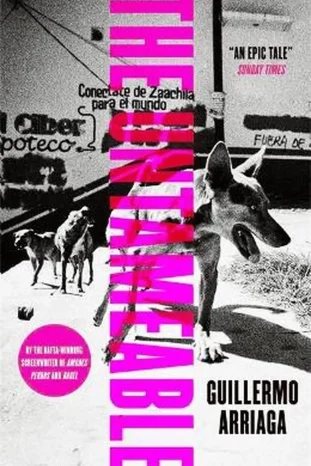
5. The Untamable by Guillermo Arriaga (Mexico)
With its 800+ pages, this book looks Intimidating. Once you start, however, it’s almost impossible to stop.
The novel tells the story of Juan Guillermo, a young kid growing up in a tough neighborhood in Mexico City. His brother, who runs a couple of businesses (including a drug one), gets killed by a group of religious fanatics. Not much later, his parents die in a car crash. Now an orphan, Juan wants revenge against the people who took his family away from him.
The Untamable is one of my absolute favorite books by Guillermo Arriaga, the author of the famous screenplay Amores Perros, which became one of the best Mexican movies.
The story seems almost biographical and contains too much truth to be fictional, which is not surprising. Arriaga grew up in Mexico City and lost his sense of smell at 13 during a street fight. He knows what he’s talking about, and as a reader, you feel that throughout the book.
No wonder, it is one of my favorite realistic fiction novels. Also, don’t father to check Best Mexican Books for more exciting recommendations.

6. A Thousand Splendid Suns by Khaled Hosseini (Afghanistan)
A Thousand Splendid Suns is one of my favorite books and a bestselling novel by Hosseini. This novel tells the story of two women, Mariam and Laila, who are brought together by the turmoil of Afghanistan’s recent history.
Their parents force them and eventually marry them to the same man. These women then find solace and strength in their friendship as they endure the violence and oppression of Taliban rule.
The Kite Runner is one of my another favorite books by Khaled Hosseini. The novel is a magnum opus as it discusses the fall of the monarchy to the rise of the Taliban.
It follows the life of Amir, the son of a wealthy Kabul merchant, and his relationship with his best friend and servant, Hassan, who belongs to the marginalized Hazara ethnic group. The novel explores friendship, betrayal, redemption, and past decisions’ impact on present lives.
Marc Forster adapted “The Kite Runner” into a feature film, and starring Khalid Abdalla as Amir.
If you are looking for an emotional weekend watch or the best books about Afghanistan to read, The Kite Runner is the answer to both.
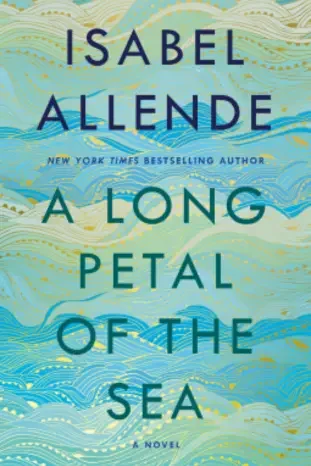
7. A Long Petal of the Sea by Isabel Allende (Chile)
Imagine you’re a young doctor in the Spanish civil war (1936-1939).
You expect to die young.
You don’t expect to turn 103 after being friends with the famous poet Pablo Neruda and Chilean president Allende.
This is what exactly happened to Victor Dalmau, the protagonist of A Long Petal of the Sea. Isabel Allende’s incredible new novel encompasses Dalmau’s life, from fleeing Spain to being exiled again after Chile’s military coup in 1973 that killed president Allende (the author’s uncle).
If you want to know more about Chilean history, I’d highly recommend the movies NO (about the referendum against dictator Pinochet) and Neruda.
Isabel Allende, born in Chile, is known as the “most-read Spanish-language author in the world.” Her books celebrate women’s lives and talk about historical figures and her own life. Her work also has elements of mythology and realism. She has given lectures and conducted book tours at numerous colleges in the US.
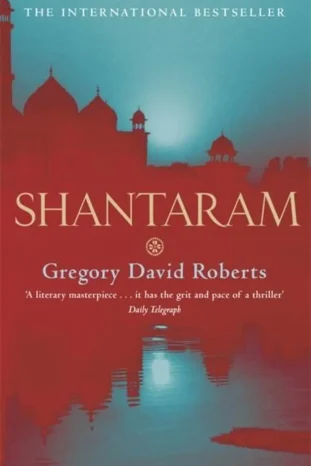
8. Shantaram by Gregory David Roberts (Australia/India)
You either hate or love Shantaram.
In 2018, I attended a training by Red Cross Emergency Response Unit in Belgium. One evening, when we had some time off, we talked about our favorite books. To my surprise, an Australian, Luxembourger, and Parisian all had the same favorite: Shantaram.
Shantaram is the number 1 backpacker’s read in India, not because it gives you an insight into Indian culture, but because it’s adventurous. This semi-fiction autobiography was written by an Australian prisoner who escaped and fled to Mumbai to join the Indian Mafia.
I found out during the event that the Australian guy’s dad had was involved in the arrest of the author, which was enough reason for me to give it a try. I loved it, but let me warn you, it’s one of those books you either love or hate.
Despite it not teaching a lot about Indian culture, it’s very adventurous, and I truly enjoyed it. If you do want to learn more about Indian culture, though, check out my favorite Bollywood movies.
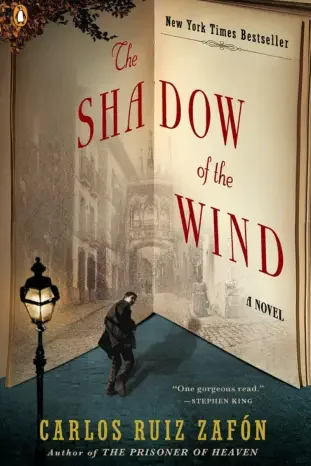
9. Shadow of the Wind by Carlos Ruiz Zafon (Spain)
It’s 1945, Barcelona is recovering from the war, and Daniel – the son of a bookmaker – is on his way to a book cemetery. His dad is taking him to choose a novel from a forgotten author.
Unknowingly, he picks a mysterious book that various people are after. When, one night, he sees someone staring at him from outside his bedroom window, Daniel realizes that his life will never be the same.
Shadow of the Wind is one of my favorite books as it is full of dark secrets, madness, and doomed love. Now that I mention Barcelona, check out my favorite food and drink places in Barcelona.
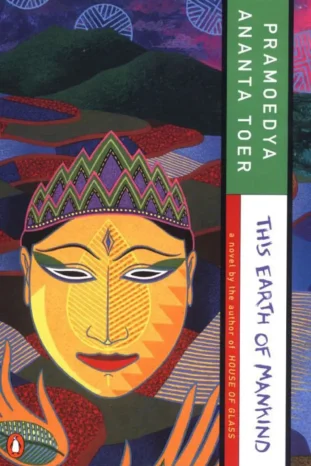
10. This Earth of Mankind by Pramoedya Ananta Toer (Indonesia)
Pramoedya Ananta Toer lived through Dutch colonial rule, World War II, and Indonesia’s struggle for independence.
The Dutch imprisoned him from 1947 to 1949 for his role in the Indonesian Revolution. President Suharto exiled Pramoedya to the island of Buru for 14 years for “being” a communist. And, Pramoedya spent another 13 years under house arrest.
Unsurprisingly, Ananta Toer published most of his books in prison. What’s impressive is that he composed his best-known works – the Buru Quartet – orally while being banned from writing.
The first book in this series is Earth of Mankind, one of my favorite book. The book features Minke, a minor Javanese royal and journalist active in the nationalist movement. Earth of Mankind gives an intimate insight into the complicated social relationships during the colonial regime.
Pramoedya was frequently discussed as Indonesia’s and Southeast Asia’s best candidate for a Nobel Prize in Literature but never won it. Nonetheless, This Earth of Mankind is one my favourite books from Indonesia.
Also, don’t forget to check my conversation with Indonesian documentary maker, Daniel Ziv, on his award winning documentary, Jalanan.
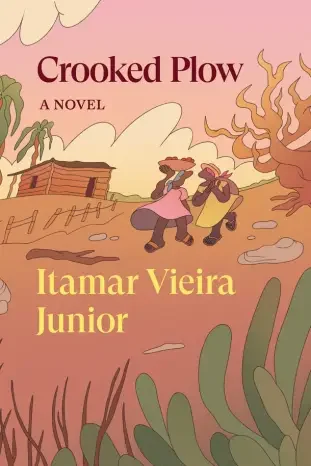
11. The Crooked Plow by Itamar Vieira Junior (Brazil)
Before traveling to Brazil, one of my colleagues recommended reading The Crooked Plow, mainly because I work in agriculture.
It’s one of my recent favorite books and reminds me of the classic A Hundred Years of Solitude. Although the author created a similar mythical atmosphere, the book is actually about the harsh conditions of Bahian farmers. Despite the abolishment of slavery, these farmers still live in similar situations.
It is one of the most realistic fiction novels from Brazil that gives insights into Bahia’s strong Afro-Brazilian traditions. Since we are talking about Brazil, check my favourite list of best Brazilian books and best Brazilian movies.
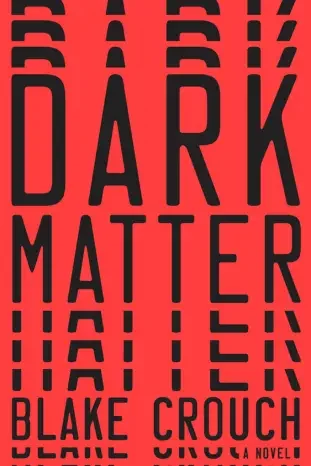
Dark Matter is a science fiction thriller that explores the concept of multiverse theory and the consequences of our choices. It is one of my favorite books for its mind-bending plot and fast-paced narrative.
Jason Dessen is a physics professor in Chicago who lives a content but unremarkable life with his wife and son. One night, Jason is abducted and knocked unconscious. He awakens to find himself in a world where he’s a celebrated scientific genius who has achieved his career ambitions, but at the cost of his family life.
As Jason struggles to understand what has happened, he discovers he has been thrust into an alternate reality – one of countless possibilities in the multiverse. It’s a thrilling chase across multiple realities, with Jason desperately trying to find his way back to his original world and the family he loves.
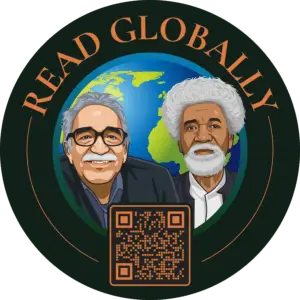
Can you guess who these authors are?
Although I didn’t feature them in my favorite books in this post, these are two of the best authors of all time: Nigerian author Wole Soyinka and Gabriel Garcia Marquez.
They both one a nobel prize and have several incredible books. Their most famous books are alledgedly One Hundred Years of Solitude and Aké: The Years of Childhood.
If you find the sticker somewhere, please send me a picture!
The list of my favourite books doesn’t just end here. I am also sharing the full list with all 250 books. As you can tell from the list, most of the books are realistic fiction novels.
What sort of fiction and non-fiction books you like? Also, watch out this space for my non-fiction favourite books list!
Do you want global book, music, and movie recommendations straight to your inbox?
Sign up for the newsletter below!

How many of you know that James Joyce was/is an Irish writer, not British? Or similarly, U2 and Snow Patrol are Irish bands, not British
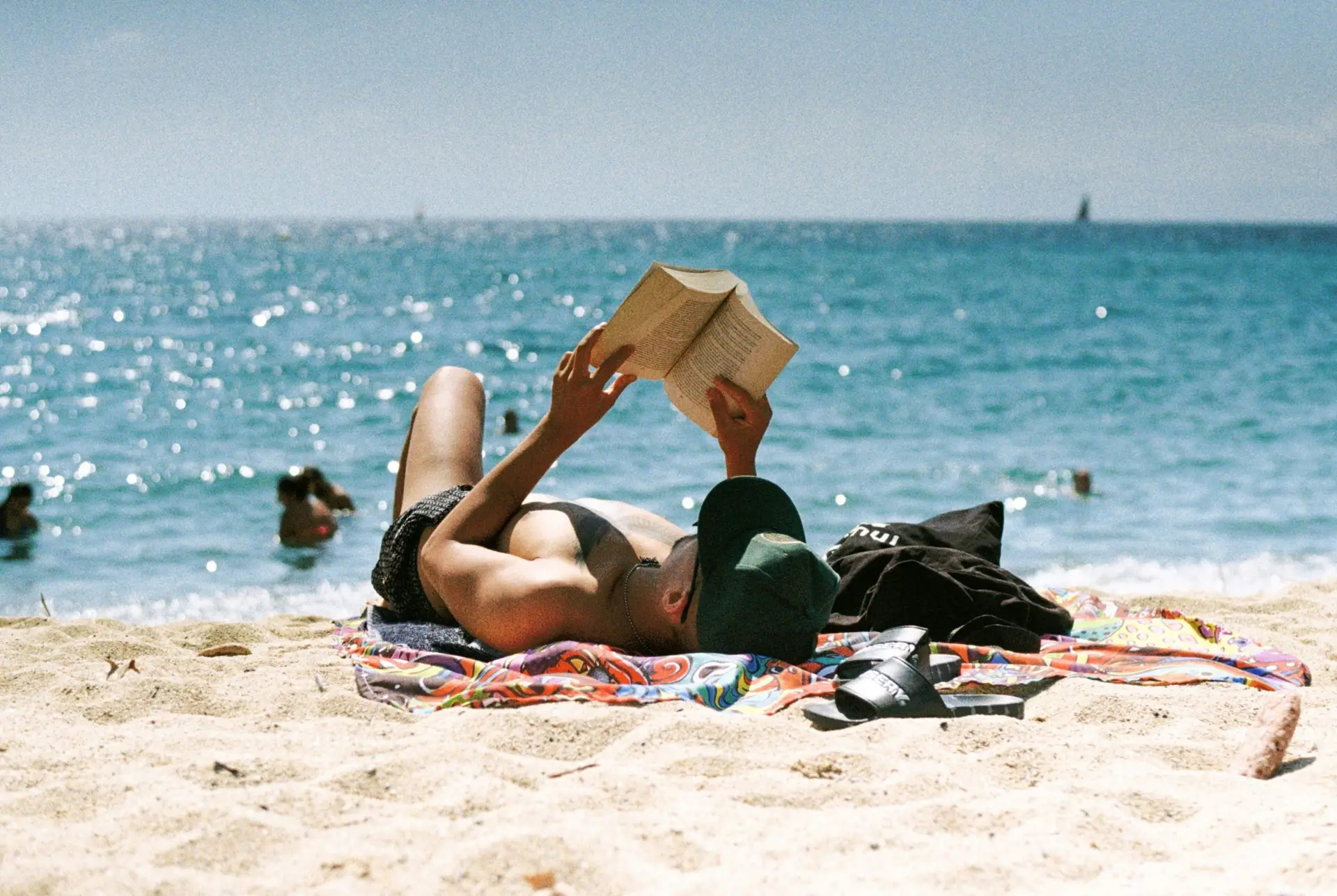
As they say, never judge a book by its cover. But you can certainly judge a book store by the way it looks. If you
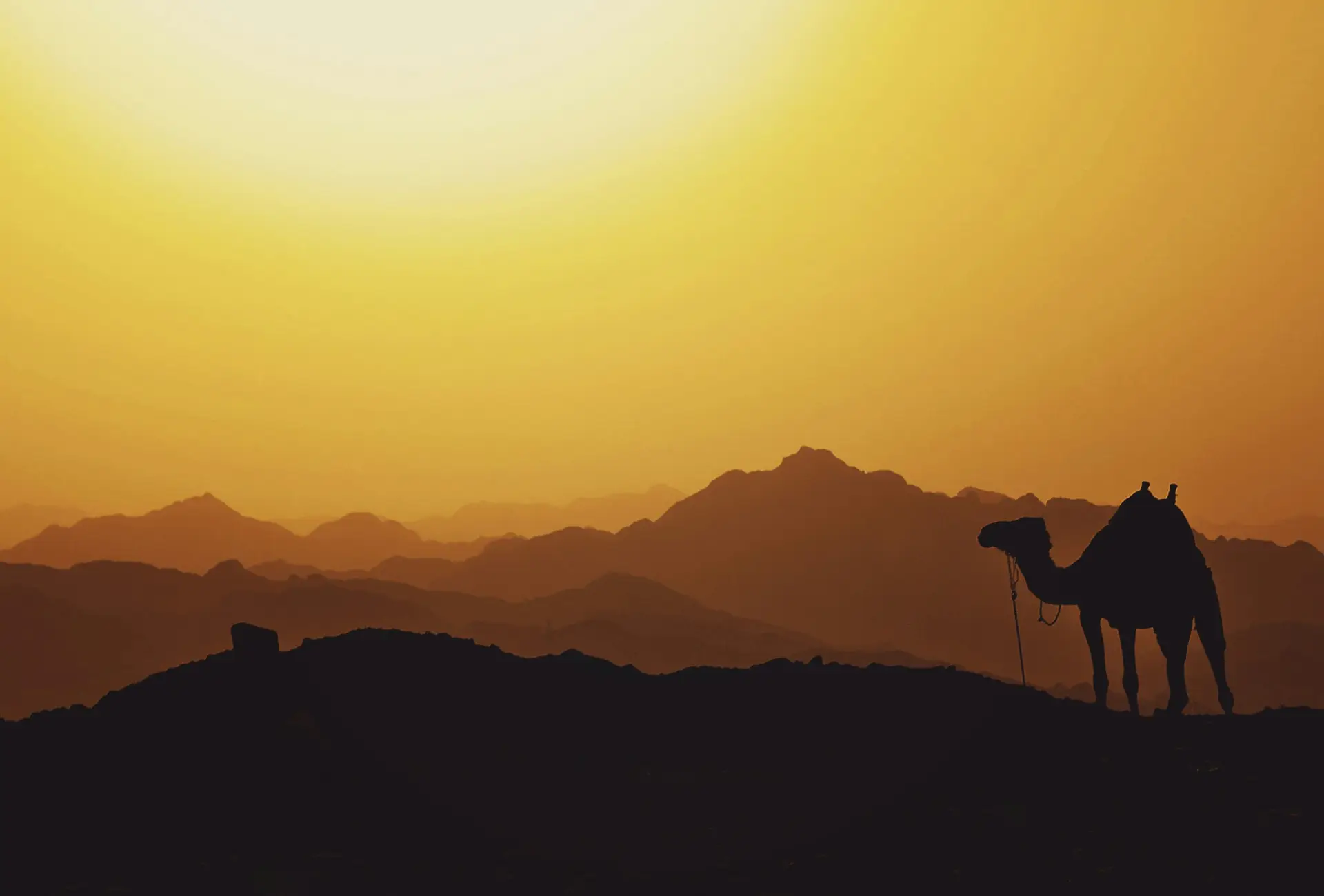
It’s amazing how we read about different countries and cities being destroyed by war and natural calamities, etc. And then people rebuilt everything into something
